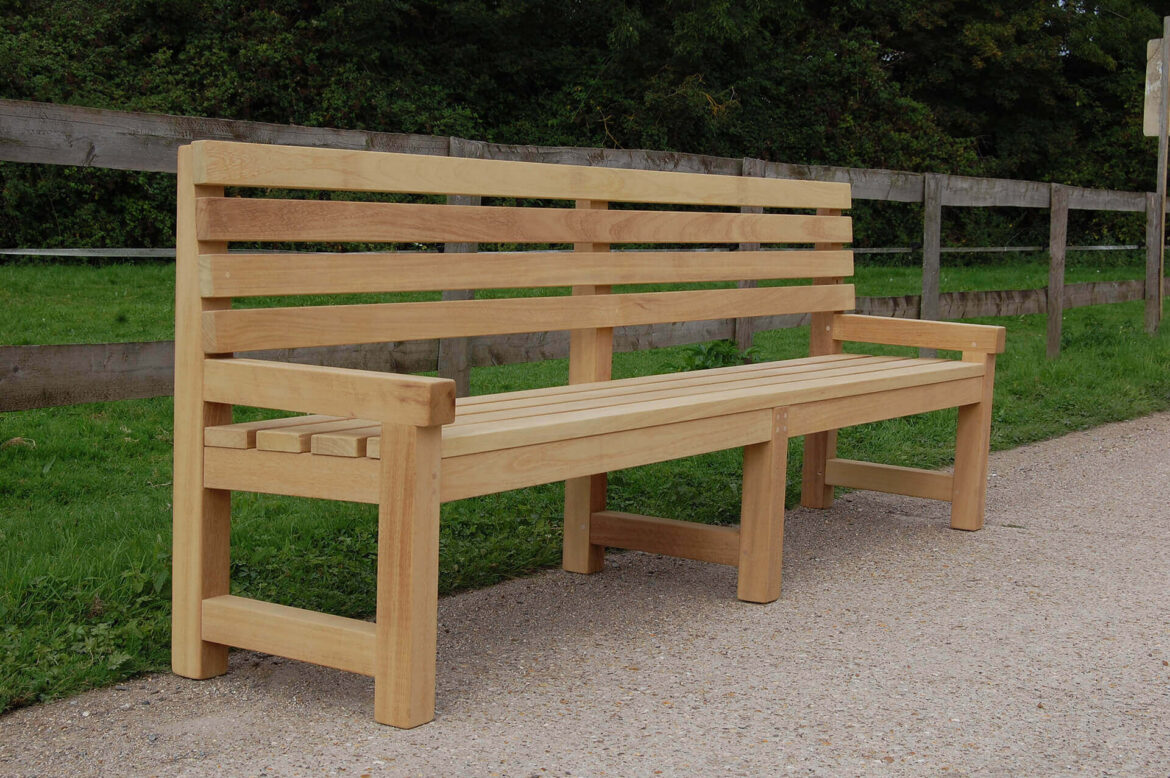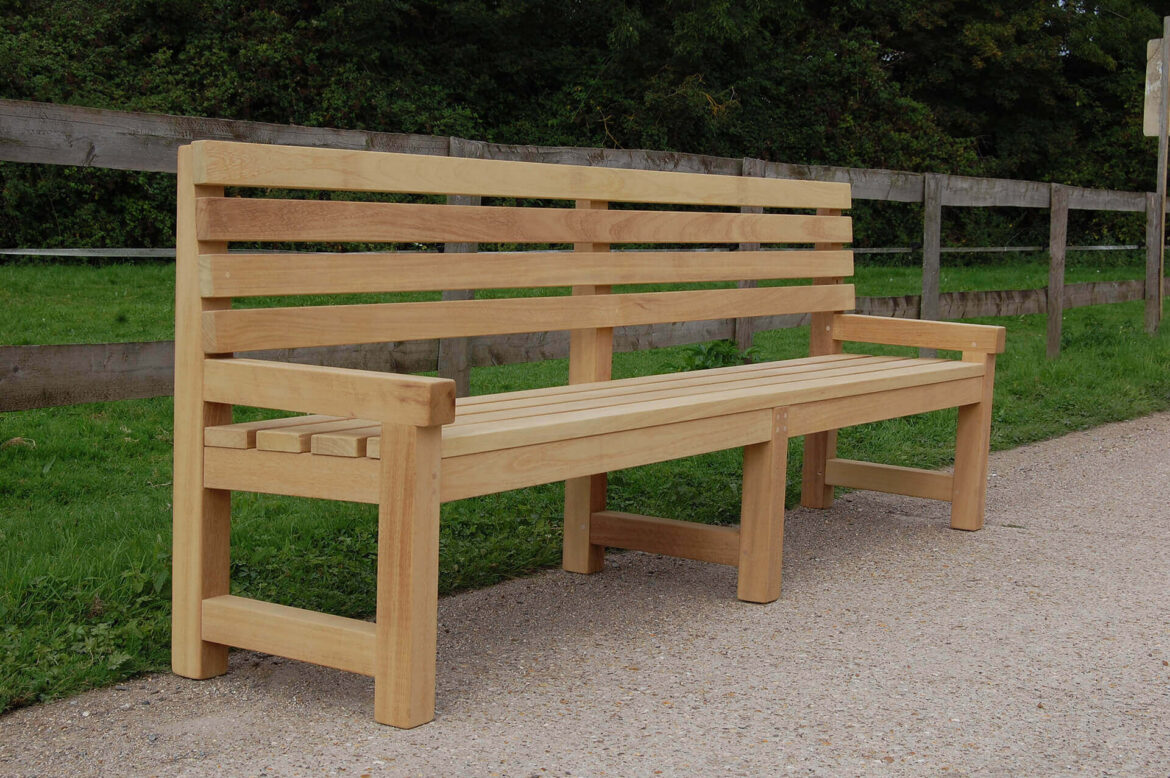Bespoke street furniture, unlike its mass-produced counterparts, is meticulously crafted to suit specific locations, purposes, and aesthetics. From benches and bollards to lighting fixtures and bike racks, every piece is a unique blend of functionality and artistry, tailored to enhance the urban experience.
One of the most compelling aspects of bespoke street furniture is its ability to reflect the identity and culture of a place. Local artisans and designers draw inspiration from the city's history, architecture, and community ethos to create pieces that resonate with the pulse of the neighborhood. Whether it's a whimsical bench inspired by the flora and fauna of a park or a sleek bike rack adorned with symbols of local heritage, bespoke street furniture adds a distinct sense of belonging and pride to public spaces.
Moreover, bespoke street furniture offers unparalleled flexibility in design and material choices. Unlike off-the-shelf options that come in standardized shapes and sizes, bespoke pieces can be customized to fit seamlessly into any environment. Whether it's a sleek, modern design for a bustling downtown square or a rustic, reclaimed wood aesthetic for a quaint village lane, the possibilities are endless. This customization not only ensures visual harmony but also enhances functionality by addressing specific needs and usage patterns.
In addition to aesthetic appeal, bespoke street furniture also prioritizes sustainability and longevity. Crafted with care and attention to detail, these pieces are built to withstand the rigors of outdoor use and the passage of time. By using durable materials and employing traditional craftsmanship techniques, artisans create street furniture that not only reduces the need for frequent replacements but also minimizes environmental impact.
Furthermore, bespoke street furniture fosters a sense of community engagement and ownership. Unlike mass-produced alternatives that often feel impersonal and disconnected, bespoke pieces invite collaboration and input from local residents and stakeholders. Community workshops, design competitions, and public consultations provide opportunities for people to contribute ideas and shape the look and feel of their surroundings. This participatory approach not only strengthens social bonds but also fosters a sense of pride and stewardship among residents.
From a practical standpoint, bespoke street furniture also offers advantages in terms of maintenance and repair. Since each piece is crafted with precision and care, it's often easier to identify and address issues before they escalate. Local artisans and craftsmen, who are intimately familiar with the materials and construction techniques used, can provide prompt and efficient maintenance services, picnic tables metal ensuring that public spaces remain safe, functional, and inviting.






Comments